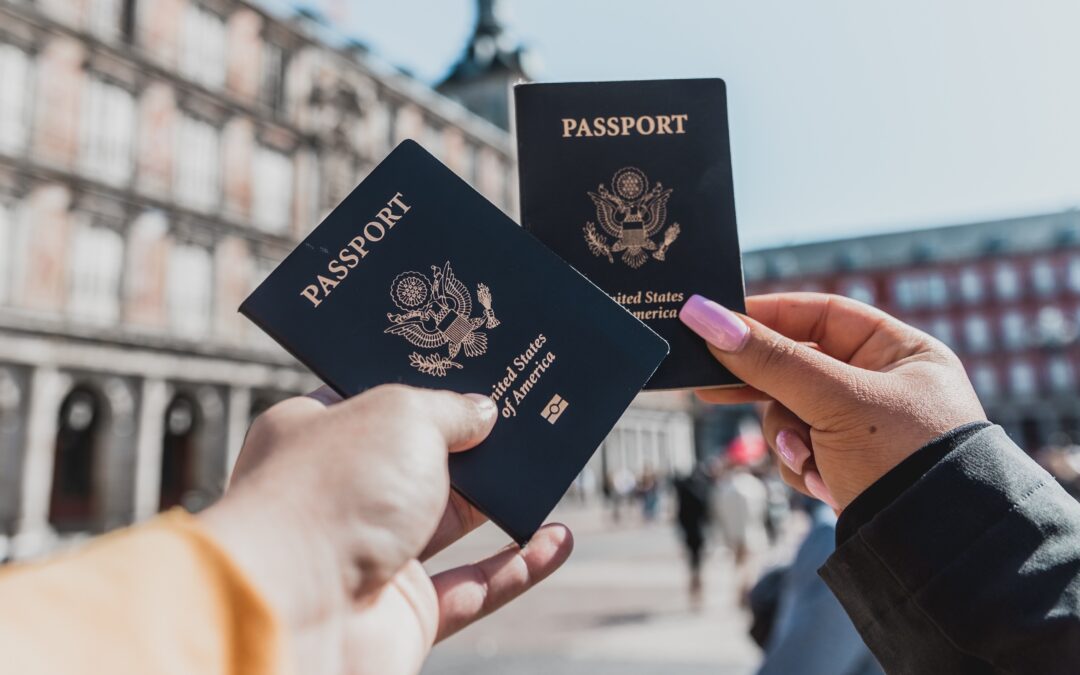Gender transition is a deeply personal and transformative journey for individuals who feel a disconnect between their assigned gender at birth and their true gender identity. As part of this process, many individuals seek legal recognition of their gender identity, including the ability to update their gender marker in official documents such as passports. In this blog, we will explore the importance of allowing gender changes in passports, the impact it has on individuals, and the strides being made toward recognizing diverse gender identities.
- Recognizing Gender Identity:
The ability to align legal documents, such as passports, with one’s affirmed gender identity is crucial for many transgender and non-binary individuals. It affirms their authentic selves, reduces the risk of outing or discrimination, and promotes a sense of safety and inclusion. Recognizing gender identity on official documents acknowledges the validity of diverse gender experiences and promotes equality for all.
- Legal Considerations:
Different countries have varying policies regarding gender marker changes in passports. While some jurisdictions have streamlined the process and allow individuals to update their gender marker easily, others may require specific medical documentation or impose additional barriers. It is important for governments to ensure that their policies align with the principles of self-determination and respect for individual autonomy.
- Medical vs. Self-Identification:
Debates exist regarding the requirements for gender marker changes in passports. Some argue that medical interventions, such as gender-affirming surgeries or hormone therapy, should be mandatory, while others advocate for self-identification as the primary criteria. Balancing medical and self-identification requirements is essential to ensure that transgender and non-binary individuals have access to legal recognition while respecting their autonomy and diverse experiences.
- Human Rights and Global Perspectives:
Recognizing gender transition in passports aligns with international human rights principles, including the right to self-determination, privacy, and non-discrimination. Several countries have implemented progressive policies that enable individuals to update their gender markers without invasive requirements. Sharing global success stories and advocating for these inclusive policies can inspire positive change and foster acceptance on a broader scale.
- Ongoing Progress and Challenges:
While significant strides have been made in recognizing gender transition in passports, challenges remain. Legal frameworks and societal attitudes continue to evolve, and it is crucial to support efforts that prioritize inclusivity and respect for diverse gender identities. Education, advocacy, and the amplification of transgender and non-binary voices are essential to promote understanding and bring about positive change.
Allowing individuals to change their gender markers in passports is a significant step toward recognizing and affirming diverse gender identities. It acknowledges the self-determination and autonomy of transgender and non-binary individuals while fostering inclusivity and promoting equality. As we continue to advocate for policies that align with human rights principles, let us create a society where everyone can live authentically, free from discrimination, and where official documents reflect their true identities. By embracing gender recognition in passports, we build a more compassionate and inclusive world for all.



